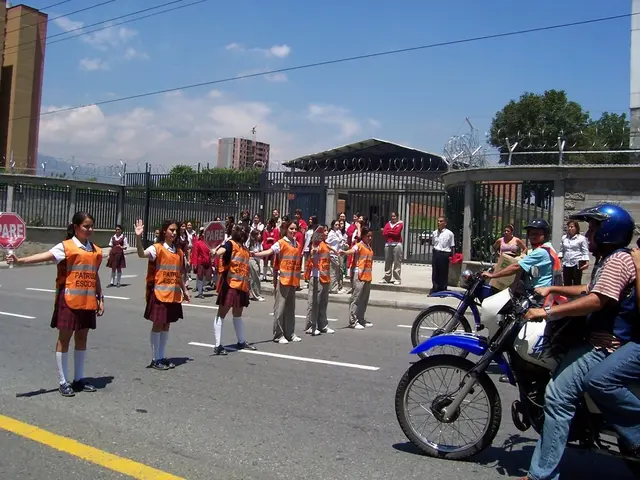Over 70% of scheduled train services have been axed.
In Portugal, a significant rail disruption unfolded on Friday, May 7, as Comboios de Portugal (CP) ticket inspectors and rail workers initiated a strike that is set to continue until May 14. The industrial action, led by multiple unions, has resulted in widespread cancellations across the national rail network, affecting both urban and long-distance routes.
On Lisbon's urban routes, 38 out of 109 trains were scheduled but did not operate, and on long-distance routes, 13 out of 16 trains were canceled. In Porto's urban areas, 22 out of 52 connections were canceled, while regional trains, of the 68 scheduled, saw 56 cancellations according to the carrier.
The Sindicato Ferroviário da Revisão Comercial Itinerante (SFRCI)—a union representing CP staff—confirmed that 100% of the union's members participated in the strike, which started at 5:00 am and ended at 8:30 am, though the effects were felt during the morning. Only 25% of minimum services mandated by the Arbitration Court were implemented, causing disruptions for many commuters.
The strike is centered around demands for better salary conditions for all employees of the company. Union leader Luís Bravo stated that the industrial action will persist until Tuesday, causing further repercussions on Wednesday, May 14. Bravo mentioned that the discontent displayed by workers has been brewing since 2010, when they began fighting for improved wages.
According to the union, the government's lowest-wage policy, which includes a meager €34 increase in the base salary, falls short of rectifying purchasing power and addressing workers' grievances. In 2025, the government enacted another salary increase that the union considers insufficient, further fueling the appetite for industrial action.
In related news, several unions were on strike from Wednesday to Friday, resulting in a complete suspension of traffic and no minimum services during that period. CP has since offered full refunds or free exchanges for affected train tickets, acknowledging the severity of service disruptions caused by the ongoing strike.
In the wake of the ongoing strike by CP employees, the finance industry may face potential losses due to decreased productivity and increased compensation costs. The disruption in public-transit systems, primarily due to the canceled trains, could lead to a surge in demands for improved transportation alternatives, such as carpooling or cycling services.








